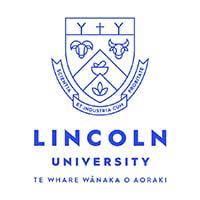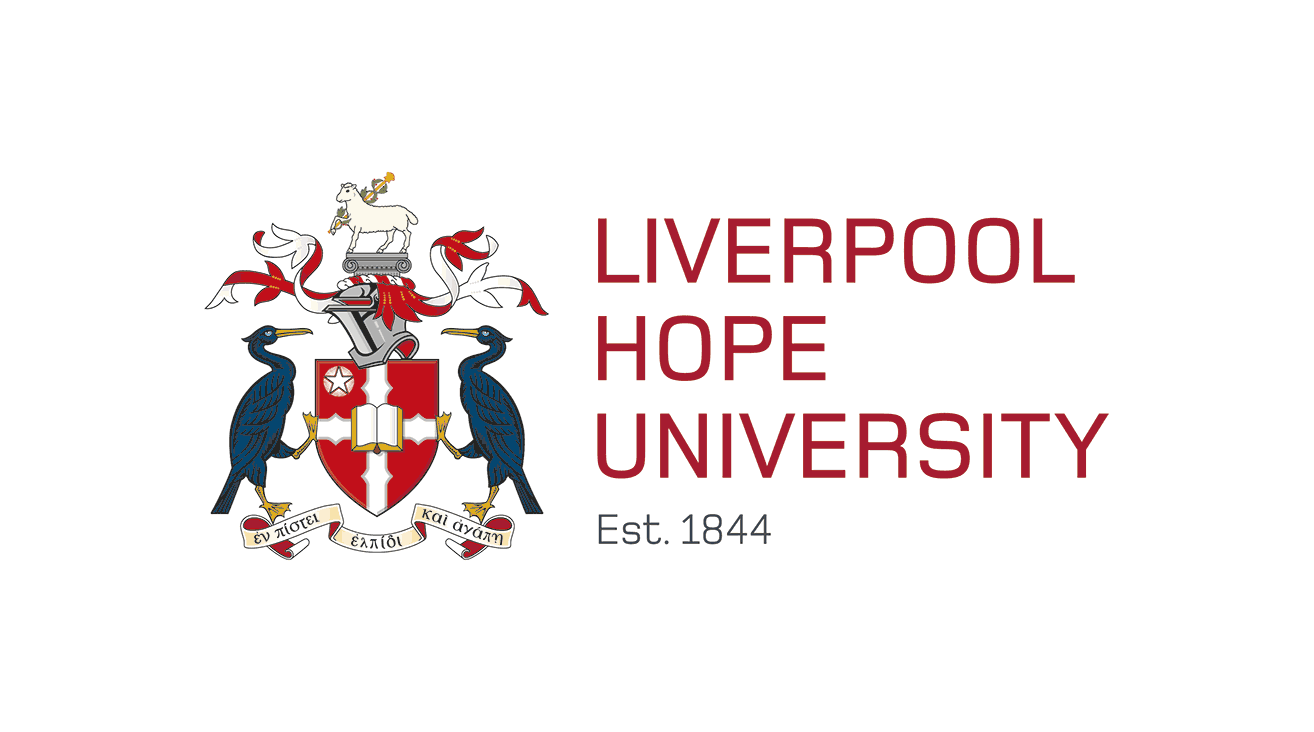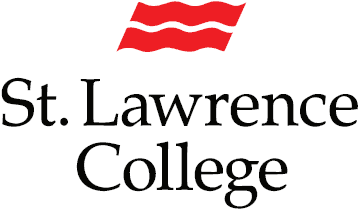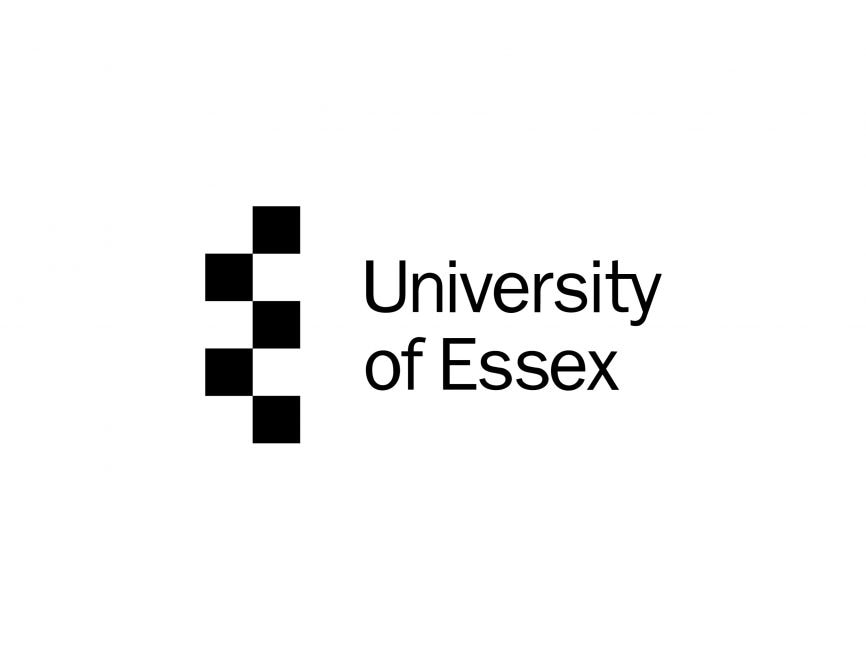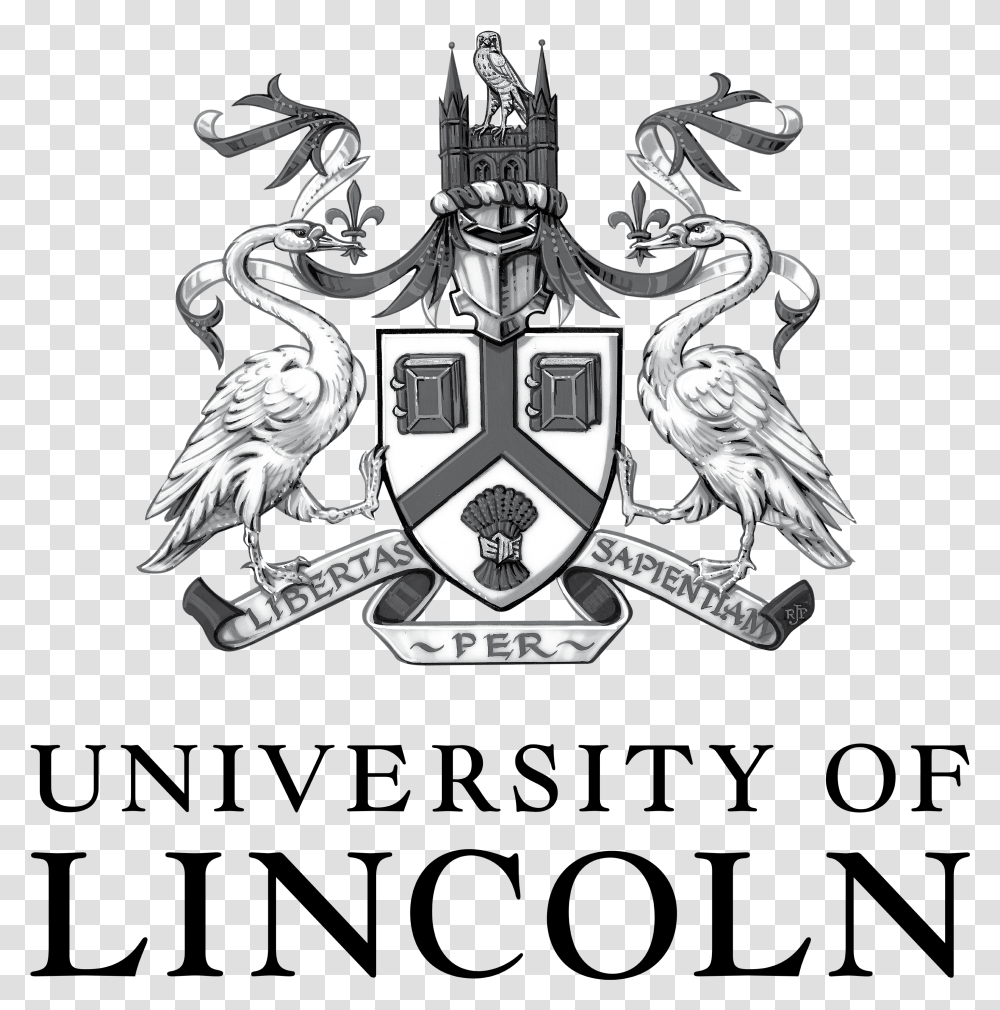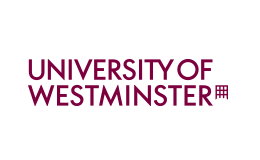Tourism Studies Abroad: Your Gateway to Global Experiences
Are you an Indian student with a passion for travel, culture, and connecting with people from around the world? Do you dream of a career that takes you to exciting destinations, allows you to shape unforgettable experiences, and contributes to a vibrant global industry? If so, then studying Tourism abroad could be the perfect path for you!
This comprehensive guide will explore the incredible opportunities available to Indian students pursuing Tourism programs overseas. From understanding why international education is beneficial to detailing popular study destinations, course structures, career prospects, and application tips, we'll cover everything you need to know to embark on this thrilling academic adventure.
Why Study Tourism Abroad?
Studying Tourism internationally offers a unique blend of academic rigor and real-world exposure that is difficult to replicate in a domestic setting. Here's why it's an excellent choice for Indian students:
- Global Perspective: Immerse yourself in diverse cultures, understand different tourism models, and gain a truly international perspective on the industry.
- Industry Relevance: Many top tourism destinations are also leading education hubs, offering direct access to industry experts, internships, and networking opportunities.
- Enhanced Employability: International experience and a global outlook are highly valued by employers in the tourism and hospitality sectors worldwide.
- Personal Growth: Develop independence, adaptability, cross-cultural communication skills, and a broader worldview – invaluable assets for any career.
- Language Skills: Opportunities to learn new languages or refine existing ones, especially crucial in a global industry.
- Specialized Programs: Access to a wider range of specialized tourism programs, from ecotourism and sustainable tourism to event management and digital tourism marketing.
Popular Destinations for Tourism Studies
Several countries are renowned for their excellent tourism and hospitality education. Here are some top choices for Indian students:
Europe
- Switzerland: Home to some of the world's most prestigious hospitality and tourism management schools. Known for its practical, industry-focused approach.
- Spain: A major tourism destination itself, offering programs with a focus on Mediterranean tourism, cultural tourism, and event management.
- UK: Offers a wide range of tourism courses, often with strong links to the UK's vibrant tourism industry and opportunities for internships in London and beyond.
- France: Excellent for luxury tourism, culinary tourism, and understanding European cultural heritage.
- Netherlands: Known for innovative and sustainable tourism programs, often taught in English.
Asia-Pacific
- Australia: Offers a high quality of life, diverse landscapes, and strong tourism and hospitality sectors, with many universities offering practical-oriented courses.
- New Zealand: A leader in adventure tourism and ecotourism, ideal for students interested in sustainable practices and outdoor experiences.
- Singapore: A regional hub for business and tourism, offering cutting-edge programs in hospitality management and urban tourism.
North America
- USA: A vast country with numerous universities offering diverse tourism, hospitality, and event management programs, often with strong research components.
- Canada: Known for its welcoming environment, high quality of education, and beautiful natural attractions, offering programs in areas like outdoor recreation and resort management.
What to Expect: Course Structure and Specializations
Tourism programs abroad are typically offered at various levels:
- Undergraduate (Bachelor's Degrees): 3-4 years, covering foundational knowledge in tourism management, marketing, operations, and economics.
- Postgraduate (Master's Degrees): 1-2 years, allowing for specialization in areas like sustainable tourism, international tourism management, hospitality operations, event management, or tourism policy.
- Diploma/Certificate Programs: Shorter, vocational courses often focused on specific skills or industry segments.
Common modules and specializations you might encounter include:
- International Tourism Management
- Hospitality Operations and Management
- Event Management and MICE (Meetings, Incentives, Conferences, Exhibitions)
- Sustainable Tourism and Ecotourism
- Digital Marketing for Tourism
- Tourism Policy and Planning
- Cultural Heritage Tourism
- Aviation and Cruise Line Management
- Resort and Spa Management
- Tourism Economics and Finance
Many programs incorporate practical elements such as:
- Industry internships
- Field trips to tourism businesses and destinations
- Case studies and real-world projects
- Guest lectures from industry professionals
Career Opportunities After Studying Tourism Abroad
A degree in Tourism from an international institution opens doors to a vast array of exciting career paths across the globe. The skills you gain – leadership, communication, problem-solving, cross-cultural understanding, and business acumen – are highly transferable.
Potential career roles include:
- Tour Operator/Manager: Designing and managing travel packages.
- Hotel Manager: Overseeing operations in hotels, resorts, or guesthouses.
- Event Manager: Planning and executing conferences, festivals, weddings, or corporate events.
- Destination Marketing Manager: Promoting cities, regions, or countries as tourist destinations.
- Airline/Airport Operations: Working in various roles within the aviation industry.
- Cruise Line Management: Managing operations on cruise ships.
- Sustainable Tourism Consultant: Advising businesses on environmentally friendly and socially responsible tourism practices.
- Travel Consultant: Advising clients on travel plans and bookings.
- Attractions Manager: Managing museums, theme parks, or other tourist attractions.
- Government Tourism Officer: Working in tourism ministries or boards to develop and implement tourism policies.
- Digital Tourism Specialist: Managing online presence, social media, and digital marketing for tourism businesses.
Application Process and Requirements for Indian Students
While specific requirements vary by institution and country, here's a general overview of what Indian students will need:
Academic Requirements:
- Undergraduate: A strong academic record in 10+2 (Higher Secondary Certificate) with good grades.
- Postgraduate: A relevant Bachelor's degree from a recognized university with a competitive GPA.
English Language Proficiency:
Most programs taught in English will require proof of proficiency through tests like:
- IELTS (International English Language Testing System)
- TOEFL (Test of English as a Foreign Language)
- PTE Academic (Pearson Test of English Academic)
Other Documents:
- Transcripts: Official academic records from all previous institutions.
- Letters of Recommendation (LORs): Typically 2-3 letters from professors or employers.
- Statement of Purpose (SOP)/Personal Statement: An essay detailing your motivations, career goals, and why you wish to study the chosen program abroad.
- Resume/CV: Highlighting academic achievements, work experience (if any), and extracurricular activities.
- Passport Copy: Valid passport.
- Financial Proof: Evidence of sufficient funds to cover tuition fees and living expenses.
Visa Application:
Once accepted, you will need to apply for a student visa for your chosen country. This process involves submitting various documents, attending interviews, and demonstrating financial capability. It's crucial to start this process well in advance.
Funding Your Tourism Studies Abroad
Financing your education overseas requires careful planning. Here are some options:
- Scholarships: Many universities offer merit-based or need-based scholarships specifically for international students. Government scholarships (e.g., Chevening, Erasmus Mundus) and private organizations also offer funding.
- Education Loans: Banks in India offer education loans for studying abroad, often covering tuition, living expenses, and travel.
- Part-time Work: Most countries allow international students to work part-time during their studies, which can help cover living costs. Be sure to check visa regulations regarding working hours.
- Savings: Personal savings and family contributions often form a significant part of the funding.
Embrace the Adventure!
Studying Tourism abroad is more than just earning a degree; it's an immersive experience that will transform your academic, professional, and personal life. You'll gain invaluable knowledge, forge international connections, and develop a global mindset that is essential in today's interconnected world. If you're ready to explore the world while building a rewarding career, then a Tourism program abroad awaits you!
`

